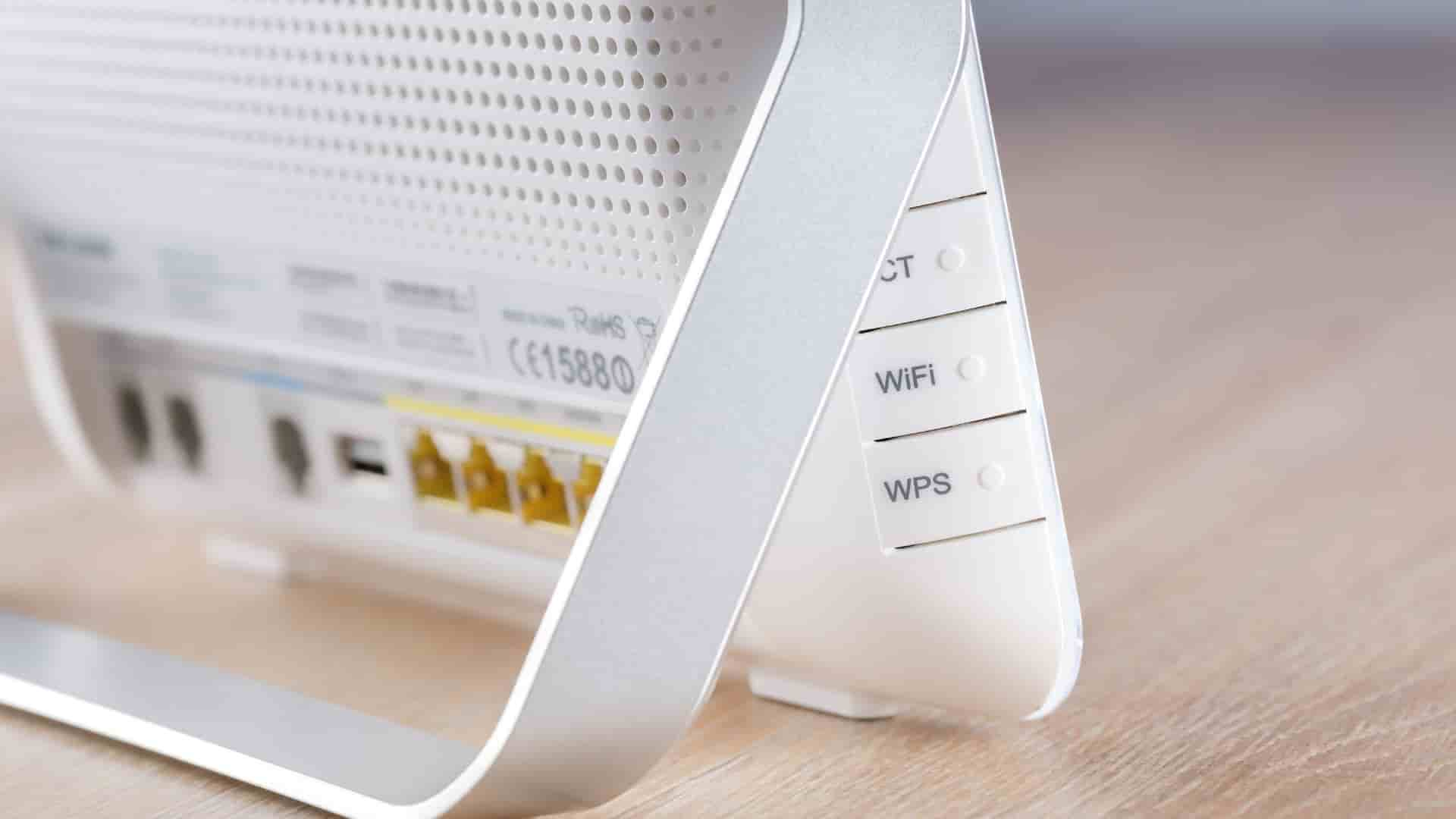Mobile Mastery: Transforming Work Habits with 8 iOS Productivity Techniques

What’s the first thing you do when visiting a friend’s or your relative’s home? Ask for the Wifi password. Mine is none other. The Wifi connection comes with its pros and cons. The pros may be web surfing, chatting, gaming, and many more. But what about the other part of the story? Are you getting tracked? Is someone spying on your web history? Can someone access your activity logs? This article is for you to know what’s going on behind the scenes.
Surfing through the internet can be super fast, but there’s a lot getting involved. The data packets are being sent and received at a very high speed among thousands of devices. This is how the internet basically works. To enjoy browsing through the web, we contact our nearby IPS (Internet Service Provider) and get a router installed to use the Wifi. A Wifi connection is preferred by many, over the more expensive mobile data. Therefore, we see a lot of routers being installed in homes.
A router essentially connects devices to the Internet and serves as a dispatcher to convey the information through the best route. The router can know the devices connected to it, what amount of data is being sent and received, and at what time frame. Along with these data, the router can access information like personal data, location data, internet, and other activity, and other identifiers.
Since the router can collect a lot of data, the Wifi admin can therefore access the information about the user. The router has permission to keep the logs of the visited websites and the Wifi owner has access. This means that when using a Wifi connection, you expose your browsing history to the Wifi admin.
The Wifi admin can view every website that you visit. If the website has HTTP protocol, the admin can view every webpage within the website that you visited, and can even know what you have typed within the webpage.If the owner, ISP, or other middleware wishes to track you, they can even trace your login credentials.
If the website has HTTPS protocol, the admin cannot know which web pages you visited, but still can see the website. The URL of the websites, duration of time online, exact time of visit, and some other information are exposed to the Wifi Network admin. Everything sent via the Internet will be encrypted, making it nearly impossible for a hacker to decrypt the message even if it is intercepted.
In addition, the Wifi network admin can know more about you when using Wifi through your mobile phone. Your activities like your call logs (made through the Wifi network), your message logs (when not end-to-end encrypted), and app logs including the usage time are exposed to the admin.
Hence, one must realize what sort of activities he/she is doing, through the Wifi network.
In point of fact, the WiFi owner is the only one who has access to the login credentials necessary to connect to their router or access point. The owner can view information about the computers, laptops, and other devices that are connected to the network, as well as information about download locations, download times, and what has been downloaded.
The straight answer is NO. Most people have misconceptions about the Incognito Mode. Thus, knowing what happens when you switch to Incognito mode is imperative. Incognito Mode doesn’t allow your web browser and your device to save what you are doing on the web. But this doesn’t necessarily mean your data is hidden from your Wifi admin and the ISP (Internet Service Provider). The Wifi admin and the ISP can still know your browsing history and the sites you are visiting, as the router is still logging. Incognito Mode guarantees no cookies and history is saved in your web browser.
Using the wifi without exposing your necessary data becomes very essential to ensure your privacy. This can be done by using a VPN. A VPN (Virtual Private Network) assures a secure connection between you and the internet. A VPN can do the following:
Several VPNs like ExpressVPN, NordVPN, SurfShark, CyberGhost, and many others provide free to premium VPN services. A premium version VPN is always better than a free version.
If you are the Wifi admin, you can delete the logs stored in the router as well.
Without a doubt, yes. If you connect to shared WiFi, you are putting yourself in a position where cybercriminals can easily attack you.
In most of the case it is safe unless the Wifi network owner starts tracking your online behavior and hack you.
To protect your privacy and security while using public Wi-Fi, we recommend using a virtual private network (VPN), not transferring money, and keeping your device's security software up to speed.
Tracking someone's internet behavior on someone else's Wi-Fi depends on the circumstances and laws in jurisdiction.
All in all, a Wifi admin can know your browsing history and your activity logs. Even if the Wifi admin is not skilled enough, you need to get a VPN installed on your device to protect your privacy. Using only websites with HTTPS protocol, and using messaging apps which are end-to-end encrypted, can somehow minimize the exposure of your privacy.